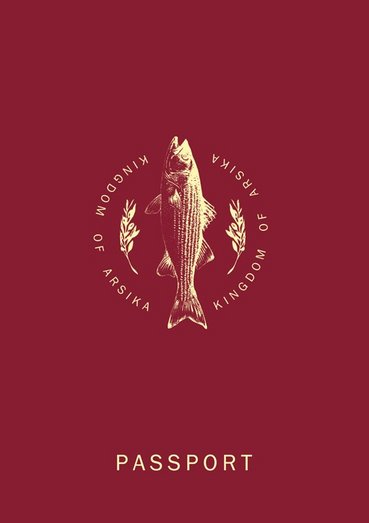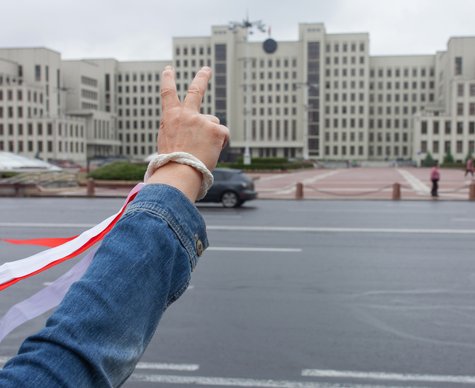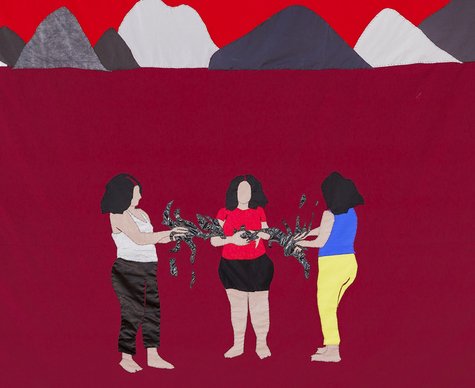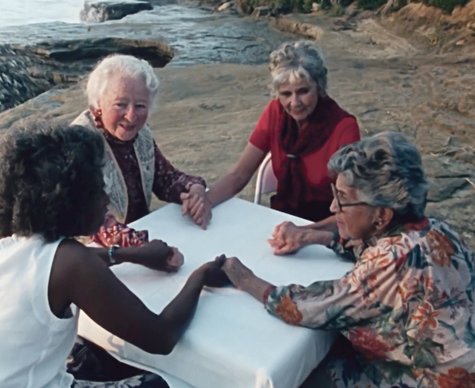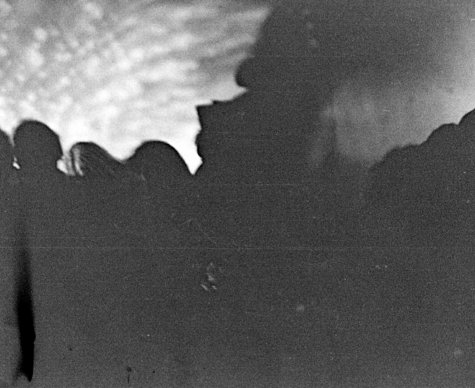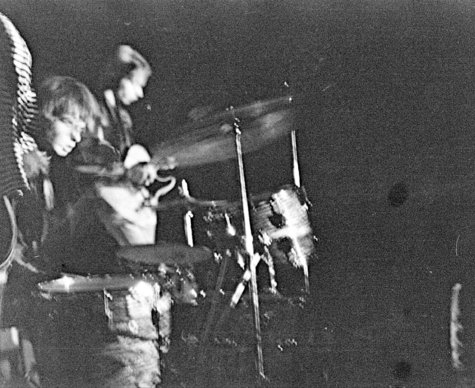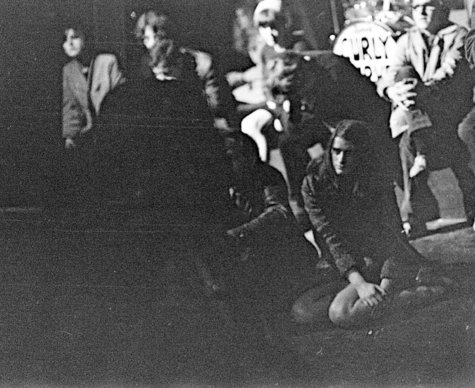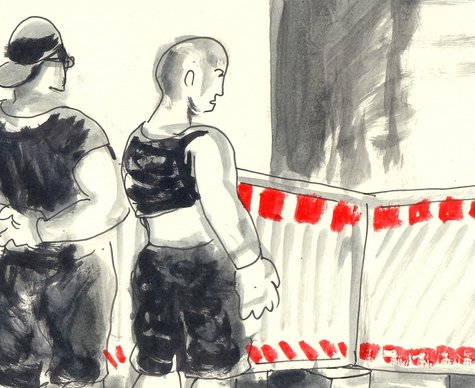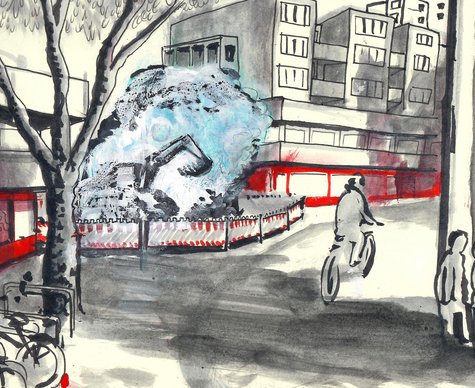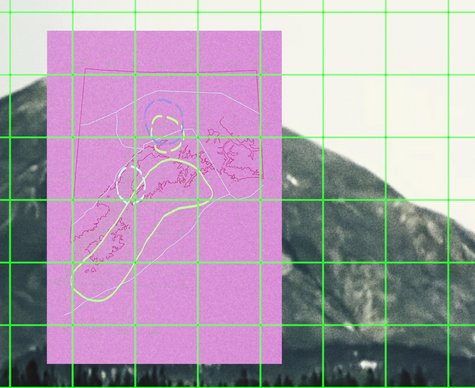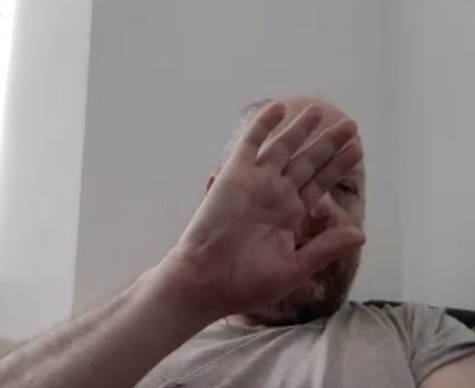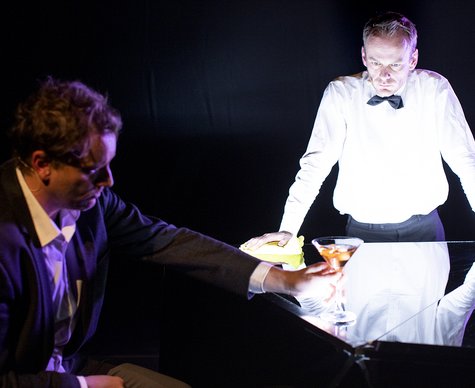Konzept, Choreografie, Komposition: Adham Hafez / Performance: Mona Gamil, Alaa Abdellateef, Fatma Kamal, Lamia Gouda / Kostümrecherche: Redaa Gharib, Lamia Gouda / Kostüm: Nermine Said / Maske - Recherche und Gestaltung: Zeinab Khashab I Zozouba Studios / Probentraining: Mona Gamil, Marie Al Fajr / Produktions-leitung: Seif Abdel Salam, Redaa Ghareeb / Hauptrecherche: Lamia Gouda / Erstrecherche: Marilena Roussoglou / Sound-Komposition: Zuli, Adham Hafez / Musik-notation: Nader Hafez / Raum und Ausstattung: Samir Kordy / Visualisierung und Lichtdesign: Nurah Farahat / Grafikdesign: Ahmad Aiyad / Kostümfertigung: Mohamed El Sabakhawy, Wafaa Latif, Sobhy El Mohamadi, Nefisa Sayed / Accessoires: Redaa Ghareeb, Hala Ghareeb / Choreografien-Notation: Fatma Kamal / Unternehmens-beratung: Mohamed Hafez
Photo (c) Nurah Farahat
The world is coming to an end, decades after a third world war that left countries drowning under nuclear waste. The world order as we once knew it is no longer possible, with major political systems crashing down, bankrupt through decades of violence. There is only one solution; to redistribute political powers in the world and reinvent its order to save what remains of the planet. In the year 2065, a conference of African scientists, politicians and diplomats gather in Berlin to announce the new world order. A new “Berlin Conference” gives birth to a series of colonies.
Set as a futuristic conference, with aesthetics that reside between political summits, multimedia-operas and protests, Adham Hafez new production “2065 BC” is a displaced and revisited re-enactment of the infamous 'Berlin Conference', which took place in 1884 under the leadership of Bismarck. The 'Berlin Conference', seen as the moment of the scramble for Africa and the fortification of colonialism, is staged 130 years later. The artists working on this production wonder about its impact on the current state of affairs, and wonder if we are living a postcolonial reality, para-colonial, or another. The aesthetic question is also raised: what should art look like at times of historical ruptures, and which canon of aesthetics does it wish to align itself with? Are we still bound by a Eurocentric vision of the world, at the End of Times?
The production aims to present the audience with a complex set of questions, where the ethics of occupation are dealt with in a manner that is dark, comic and politically ignited. “2065 BC” is the result of a two-year research process on politics and aesthetics, developed and directed by the Adham Hafez Company and the platform HaRaKa. The research took place in Cairo, Berlin and New York, and continues to unfold its many products in the form of a performance triptych and publications series.
Based on collective research and collective dramaturgy, historical documents and fictitious constructs.
Cast
Dates
Credits
Production: Adham Hafez Company 2014-2015. Co-production: HAU Hebbel Am Ufer (Berlin). With the additional support of DorkyPark | Constanza Macras, Dr. Yehia Gouda, and Wessam Abou El Seoud, Zozouba Studios.
Location
HAU3
Tempelhofer Ufer 10, 10963 BerlinHAU3 unfortunately is not barrier-free. Access to the theatre is via a stairwell (3rd floor). If you need help, please contact our Ticketing & Service team at +49 (0)30 259004-27 or email us at tickets@hebbel-am-ufer.de.
